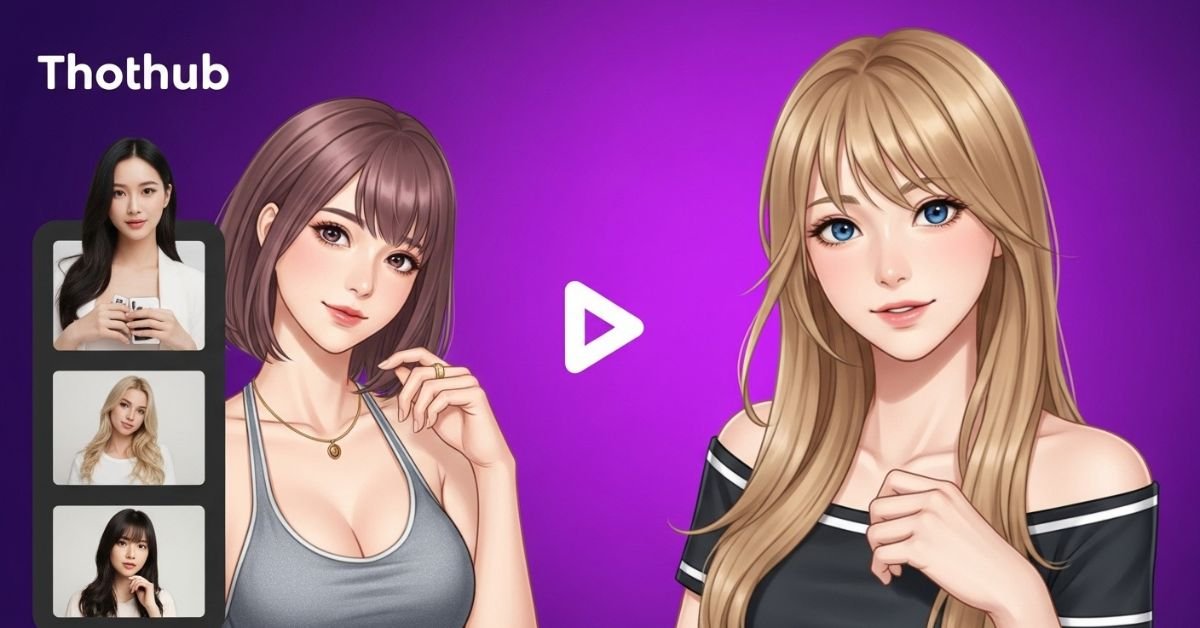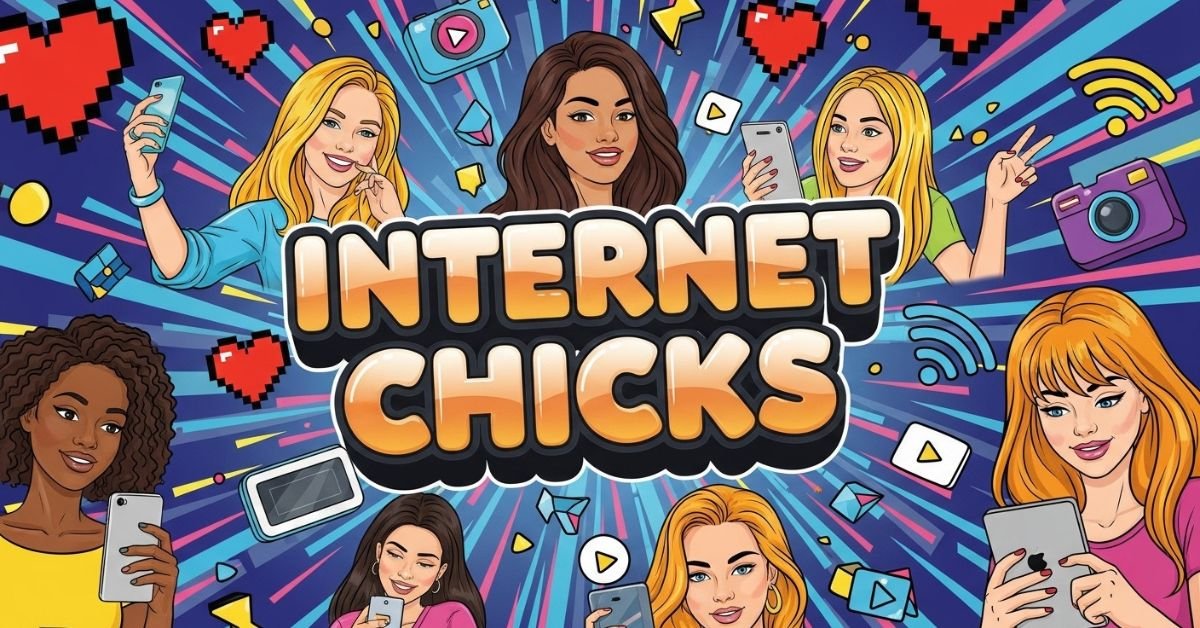Contents
Introduction
The internet has changed how we share, learn, and connect. It gives people a space to express themselves freely, but it also opens the door to serious ethical issues. One of the clearest examples of this is the story of Thothub — a website that rose quickly in popularity but fell just as fast due to the harm it caused.
Thothub became known for hosting and sharing private, often stolen content. What began as a community-driven site soon became a symbol of online exploitation and a reminder of why digital ethics matter more than ever.
This is the story of Thothub’s rise and fall — and the lessons we can all learn about responsibility, respect, and morality in the digital world.
The Rise of Thothub
When Thothub first appeared, it seemed like another online platform where people could share and discuss media. It had a simple structure, user-generated posts, and an active community. Users felt free to upload images, videos, and links.
But what made Thothub different was the type of content it attracted. Much of what was shared came from subscription-based creators, especially those using platforms like OnlyFans and Patreon. Instead of paying for exclusive access, users began leaking and uploading this content for free.
In no time, Thothub’s popularity exploded. Millions of users visited the site regularly. For some, it was entertainment; for others, it became a space to find content they didn’t want to pay for. But underneath that popularity was a deep ethical problem — a system that rewarded theft, disrespect, and privacy violations.
The Moral Problem
At its core, Thothub’s problem wasn’t just about breaking copyright rules — it was about violating trust. Creators put time, effort, and emotion into their work. Many relied on paid subscriptions to earn a living.
By leaking and sharing their private material, Thothub users ignored one of the most basic principles of online behavior: consent.
What made things worse was how the site encouraged a culture of disrespect. Many users treated the shared content as entertainment without considering the real people behind it. Some even posted personal information about the creators, exposing them to harassment and emotional harm.
The site’s success came at the cost of people’s safety and dignity — a clear sign of how dangerous it can be when ethics are forgotten in the digital space.
The Fall of Thothub
As Thothub grew, it started drawing attention — not just from fans, but from victims, media outlets, and law enforcement. Complaints began to rise from creators whose private material had been leaked without consent. Many of these creators demanded action and justice.
Soon, digital rights groups and investigative journalists began looking into how Thothub operated. What they found was shocking. The website’s administrators allowed illegal content to stay online even after multiple takedown requests. The site’s structure and moderation system made it easy for users to continue sharing stolen materials anonymously.
By early 2020, authorities had enough evidence to act. The investigation revealed the scale of the problem — thousands of creators’ content had been uploaded without permission. After mounting pressure, Thothub was finally shut down, and its administrators faced serious legal consequences.
The fall of Thothub became one of the biggest internet crackdowns on digital exploitation at the time.
What Thothub Taught Us About Digital Ethics
Thothub’s story left behind powerful lessons about how we behave online and what digital ethics truly mean.
- Consent is Everything
The most important lesson is that sharing content without permission is never acceptable. Whether it’s photos, videos, or any creative work, the creator has the right to decide where and how it’s shared. - Privacy Must Be Respected
Privacy isn’t just a technical term — it’s a basic human right. The people whose content appeared on Thothub didn’t just lose control of their work; many lost their sense of safety. Respecting privacy means respecting people’s boundaries online. - Platforms Hold Responsibility
Websites can’t hide behind “user freedom.” When they allow harmful content to spread, they share responsibility for the consequences. Platforms must have strong moderation systems and take quick action against violations. - The Internet Never Forgets
Once something is posted online, it’s hard to erase. This should make everyone more careful about what they upload, share, and repost. The damage done to victims of Thothub continues long after the site was closed. - Education is Key
Many people who used Thothub didn’t fully understand the harm they were contributing to. This shows how important it is to educate users — especially young people — about digital ethics, consent, and respect.
The Broader Impact on the Internet
The Thothub incident changed the way people think about digital responsibility. After the shutdown, major platforms began improving their security and reporting systems. Sites like OnlyFans introduced stronger privacy protection, digital watermarks, and anti-leak tools.
Governments also started discussing new laws against non-consensual content sharing. The media coverage of Thothub helped raise awareness about digital exploitation, especially among creators who rely on online platforms for income.
It also encouraged internet users to think more critically about their actions — about the simple truth that every click, share, or download has real-world consequences.
Ethics in the Digital Age
The Thothub story raises a bigger question: how can we make the internet more ethical? Technology evolves fast, but moral responsibility often lags behind. People forget that the online world isn’t separate from reality — every post involves real people and real feelings.
Being ethical online doesn’t mean avoiding the internet. It means using it with awareness and empathy. It means thinking before sharing, respecting others’ rights, and calling out wrongdoing when we see it.
Thothub’s fall wasn’t just about punishing a few individuals; it was about setting an example for everyone who uses the internet. It showed that freedom online comes with responsibility — and when that balance breaks, people get hurt.
Lessons for the Future
The lessons from Thothub’s story apply to both creators and consumers:
- Creators should protect their work by using secure platforms, watermarking content, and setting clear terms of use.
- Consumers should support creators ethically by subscribing to their official channels rather than turning to illegal or leaked sources.
- Platforms must invest in technology that prevents leaks, identifies stolen content, and acts quickly on reports.
The future of a safer internet depends on all three — creators, users, and companies — working together to promote honesty, respect, and accountability.
Conclusion
Thothub’s rise and fall remind us that the digital world reflects who we are as a society. It showed how easily technology can be misused when ethics take a back seat — but it also proved that collective awareness and justice can bring change.
Today, Thothub is gone, but the lessons it left behind still guide how we think about online behavior. Respect, consent, and empathy must be at the center of every interaction we have online.
If there’s one message from Thothub’s story, it’s this: digital freedom is only meaningful when it’s matched with digital responsibility.




